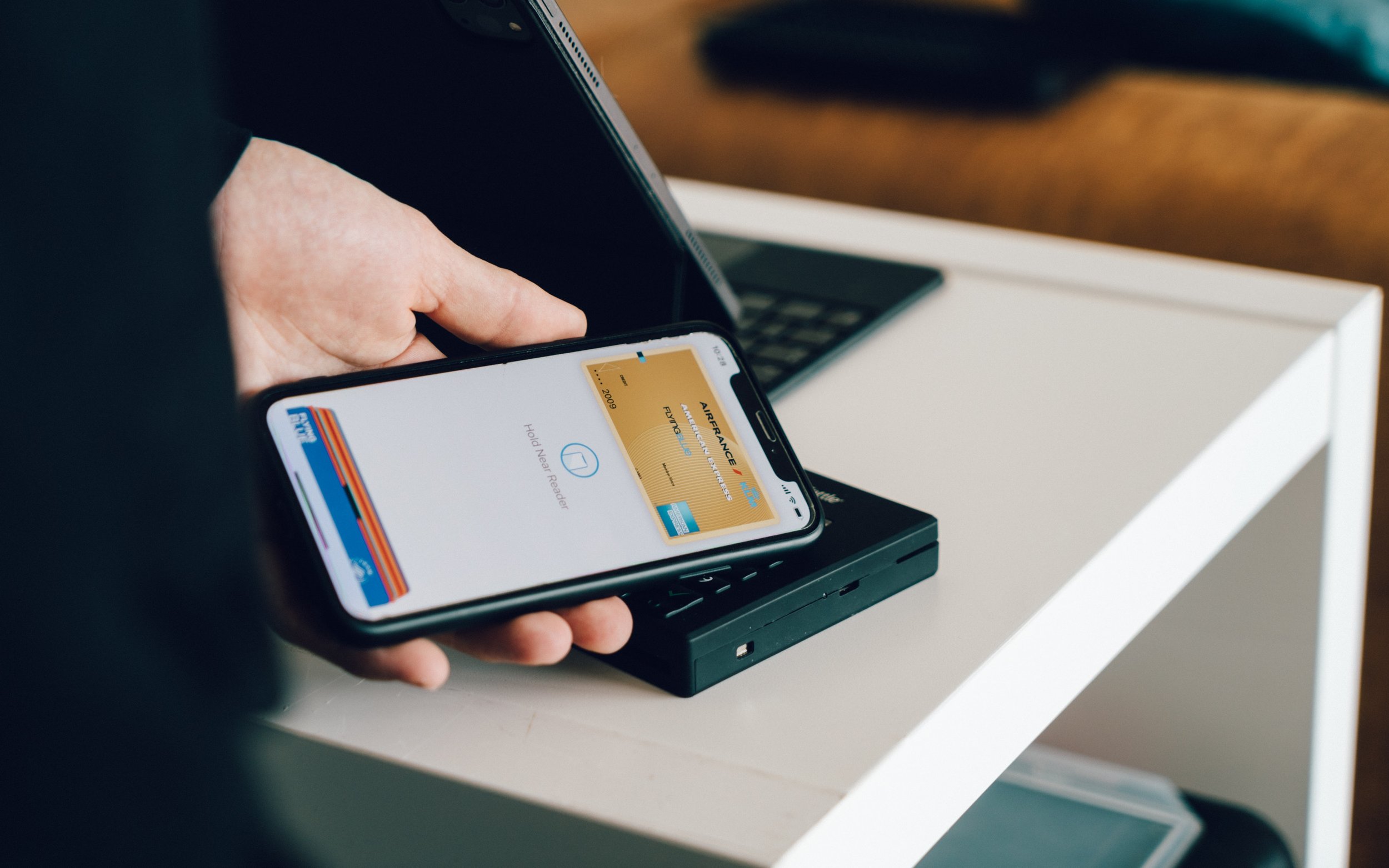Rise in Fare Evasion Threatens Cashless Toll Roads, Prompting Officials to Consider Toll Increases
Cashless toll roads, which replaced human toll collectors with electronic fee-collection systems, are facing a growing problem of fare evasion as traffic returns to pre-pandemic levels. Toll authorities are experiencing significant losses as drivers find ways to outsmart the systems, leading some officials to consider raising tolls to compensate for the shortfall. The shortcomings in technology and enforcement, along with the rush to implement cashless systems without proper planning, have contributed to the rise in unpaid tolls, leaving law-abiding drivers to bear the financial burden.
New Jersey has taken legal action against New York's congestion pricing program, arguing that it unfairly shifts traffic and pollution burdens to its communities.
Hundreds of New Yorkers chimed in on Monday, the last day to have their say on a major transportation project in NYC.
During the holiday season, online spending hit a record high, increasing by 4.9% year over year, totaling $222.1 billion, according to Adobe Analytics.
Bank of America and several other major U.S. banks, including Chase, U.S. Bank, Truist, and Wells Fargo, have experienced issues with processing direct deposits, causing delays for customers.
New York City is preparing to launch the first zone-based tolling program in the U.S. in spring 2024.
According to recent working capital research by The Hackett Group, the largest US companies are finding it increasingly difficult to extend payments to suppliers, indicating a potential ceiling on the practice of supplier payment terms optimization.
Cashless toll roads, which replaced human toll collectors with electronic fee-collection systems, are facing a growing problem of fare evasion as traffic returns to pre-pandemic levels.
Most electronic tolling systems use transponders, which are small devices that are mounted on the windshield of a vehicle.
After years of insurance premium hikes, carriers may see some light at the end of the tunnel in 2023.
The West Des Moines, Iowa-based frozen meat importer filed its petition with the U.S. Bankruptcy Court last week, leaving many trucking and logistics firms out to dry.
According to Allied Market Research, the 2021 global freight trucking market was worth over $2.7 trillion.
The financial enablement platform Denim surveyed 168 freight brokers and over half had something in common: 60% said they still pay with paper checks and 68% said that eliminating them would improve operations. So, what gives?
Peak season is right around the corner - and Amazon knows it.
Regardless of what the Biden Administration says to quell frustration, the fact of the matter is that 87,000 new IRS agents are more than three times what would be needed to audit households that make over $1 million.
As part of the company’s progress toward diversifying suppliers for its retail stores, Dick’s Sporting Goods announced that they have partnered with capital platform C2FO.
The Metropolitan Transportation Authority is set to proceed with an environmental assessment and long-delayed public hearings for the toll, meant to be issued to those driving through highly-congested areas of the city.
While ”Buy Now, Pay Later” was originally an option made for big-ticket items, the trend in usage for everyday items is troubling.
The Global Innovators is an invitation-only community that honors up-and-coming start-ups in the tech and business realms.
The “buy now, pay later” method is becoming more and more common at large retailers, but small businesses are looking to cash in.
Fostering good and cohesive relationships with suppliers may not be a top priority for a logistics manager.
E2open and PayCargo, digital online payment companies, claim that partnering with them would increase cargo flow productivity.























A recent poll by Siena College reveals that a majority of New Yorkers are not in favor of a proposed $15 congestion toll for entering Midtown Manhattan.